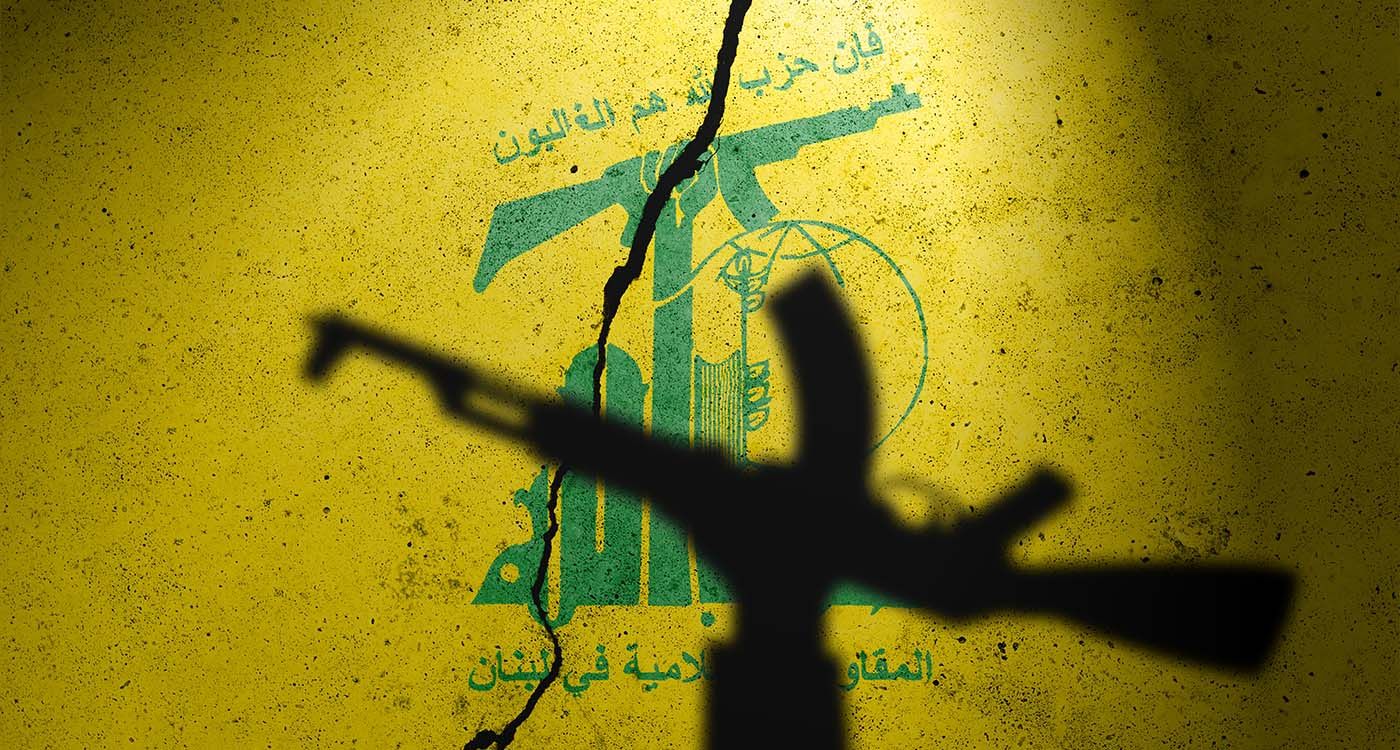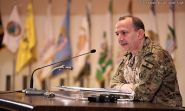
The setbacks suffered by Hezbollah in over a year of confrontations and a most devastating conflict with Israel in the past months usher in a new phase in Lebanon. The ceasefire agreement that took effect on November 27, calling for Hezbollah’s disarmament and the Army’s deployment in southern Lebanon, places the Iran-backed group at a critical crossroads as it has to face a new reality. The overthrow of Hezbollah’s ally, Bashar al-Assad, in Syria, barely two weeks after the ceasefire, makes this reality even harsher.
For many Lebanese, including Shiites opposed to Hezbollah, this moment marks the beginning of the group’s waning influence. What role would the “Shiite opposition” play?
The Momentum Is Underway
Ali al-Amine, editor-in-chief of Janoubia pointed out that, “whether Hezbollah accepts to shift from its military role into a political one or resists it, does not diminish the significance of the ongoing dynamics within the Shiite community.”
“These dynamics have existed and will persist, but today they are more active than ever. We can expect this movement to be diverse,” he told This is Beirut.
“Such diversity is necessary for the Shiite community to return to its natural pluralistic state — one that existed before the dominance of the dual-party (Hezbollah-Amal) system or any monopolization that contradicted the community's history, particularly in modern Lebanese history,” he added.
Al-Amine believes that “this momentum is building up, and will yield results.” However, he noted, “it is not necessarily aimed at replacing the current Shiite duality.” “Instead, what is required is a fundamentally different approach, posing a challenge at the national level. There are groups with broader, national affiliations operating within the Shiite milieu. What matters most is that the Shiite community begins to feel a real change — at least in its members' ability to freely express their opinion as Lebanese citizens.”
“This, in itself, is a significant step toward reviving political dynamism within the Shiite environment. It will not manifest as a single party or entity but through various forms of activism that restore vitality to the community.”
National Approach and Freedom
According to al-Amine, “Hezbollah will leave a vacuum that must be filled. However, this void should be addressed on a national level. The issues surrounding Hezbollah and the Shiite question are matters that affect all Lebanese, not just the Shiite community. Therefore, addressing these issues requires a national approach.”
“Within the Shiite environment itself, there are forces, families, figures, opinions and intellectual elites that will undoubtedly express themselves. The coming phase will witness the rise of these voices. While they may initially express themselves individually, they will soon coalesce into various groups,” he added.
Al-Amine affirmed that they “will converge on principles of sovereignty, loyalty to Lebanon, adherence to the idea that no weapons should exist outside the control of the Lebanese state and a return to the constitution and the rule of law.”
“This is a vision that resonates with all Lebanese, especially the Shiites. I am firmly convinced that the majority of the Shiite community yearns for a state governed by law, the constitution, democratic life and freedom,” he concluded.
Mona Fayad, an outspoken anti-Hezbollah university professor and researcher, confirmed that “the opposition factions are working together to establish a more unified discourse.” “They are striving to build cohesion in their message to gain greater influence and effect meaningful change,” she told This is Beirut.
For Fayad, the Shiite opposition figures will play a role, of which they have been deprived under Hezbollah and Amal intimidation. “What we want is a united Lebanon for all its citizens — a sovereign nation governed by Lebanese laws and the constitution.”
Silence
For decades, Hezbollah silenced all opposing voices in Lebanon. Among them was Shiite writer and fierce critic Lokman Slim, who was assassinated in southern Lebanon in 2021, as well as prominent journalists Gebran Tueni and Samir Kassir.
The Shiites in Lebanon and across the Middle East suffered a significant loss with the disappearance of Imam Moussa Sadr, the chairman of the Supreme Islamic Shia Council (SISC), in Libya in 1978. He was a charismatic and nationalistic leader and had worked his way into his position at the head of the Shiite community in Lebanon through tireless years of organizing and raising awareness after returning from Qom in the 1960s, where he enrolled in a prestigious theological school.
He was a contemporary of Mohammad Mehdi Shamseddine and Mohammad Hussein Fadlallah, two other prominent patriotic Shiite clerics who would have a significant influence in Lebanon.




Comments